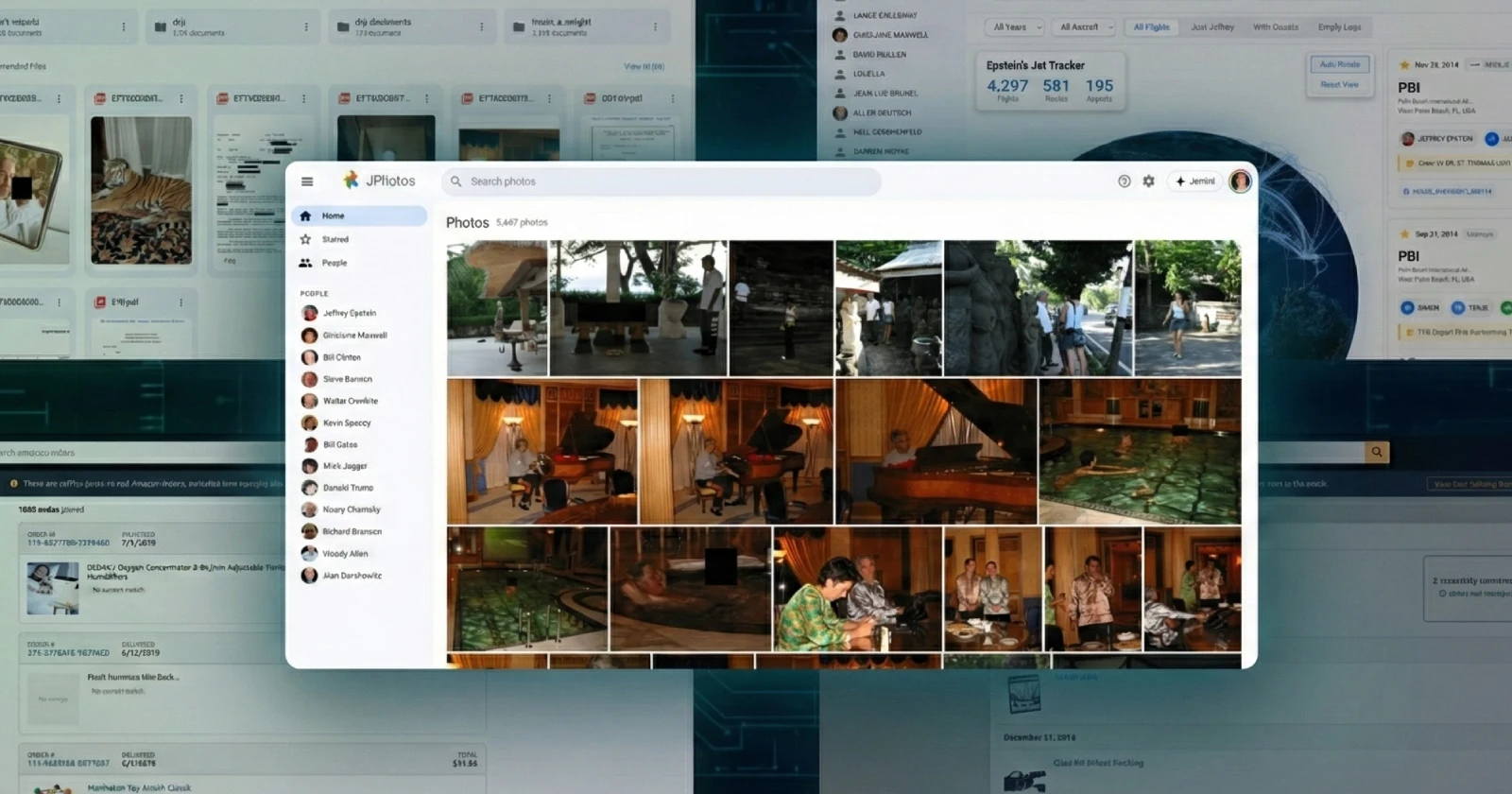The Attorney General of Michigan, Dana Nessel, is opposing a request from DTE Energy to expedite the approval process for a substantial power contract related to a data center that will serve technology companies including OpenAI and Oracle. On October 31, 2023, DTE Energy sought permission from state regulators to bypass public hearings and rapidly secure contracts for a facility planned for farmland outside Ann Arbor. This data center is projected to consume more power than that used by over a million homes.
Nessel’s office expressed concerns about the implications of this project in a filing submitted on November 6, 2023, to the Michigan Public Service Commission. She emphasized the need for thorough examination to ensure that the costs associated with the 1.4-gigawatt project, located in Saline Township, do not unfairly burden other DTE customers.
Concerns Over Financial Burden and Transparency
In her statement, Nessel highlighted the importance of making electricity affordable for consumers. “Reducing electric bills and making energy affordable is essential,” she stated. “That’s why I’m asking the Commission to hold a public hearing on this case – to ensure DTE customers are not stuck footing the bill for a data center that never comes to fruition or uses far less electricity than projected.”
The size of the data center is unprecedented in Michigan, with DTE executives estimating that it will increase the overall demand on the utility’s system by 25%. DTE argues that the anticipated demand will actually lower costs for its customers by distributing the fixed expenses of running the grid over a larger customer base.
DTE spokesperson Jill Wilmot defended the need for expedited approval by stating that construction must begin by the start of the year. “Given the sizable affordability benefits for our customers, as well as the economic impact the project will have, we think moving forward in this fashion makes the most sense,” she said.
Regulatory Scrutiny and Consumer Impact
While DTE maintains that its contracts with an Oracle subsidiary include protective measures, Nessel’s office contends that skipping public hearings would deny vital scrutiny. The attorney general pointed out that the application lacks detailed financial calculations and analyses to substantiate claims of affordability benefits, which are estimated to be in the hundreds of millions for customers.
Furthermore, significant costs related to infrastructure upgrades, including $200 million for transmission lines and $300 million for a new substation, raise questions about how these expenses will impact ratepayers. DTE asserts that the terms of the contracts require the data center to meet substantial billing demands, ensuring it pays for 80% of its contracted capacity regardless of usage.
Nessel argues that a public hearing is essential for transparency, stating, “A public hearing is the only way to ensure transparency, give customers all the facts, and confirm DTE’s proposal truly protects Michiganders before any approval is granted.”
The Michigan Public Service Commission is currently reviewing both DTE’s contract proposal and Nessel’s request for public hearings but has not yet announced when a decision may be made. The case underscores ongoing discussions about energy demands and the balance between rapid technological growth and consumer protection in Michigan’s evolving energy landscape.







